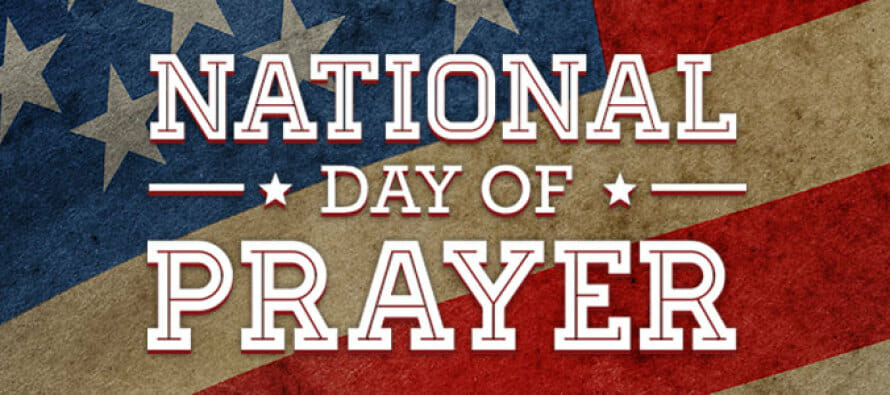
Romans 7:24-25 "Wretched man that I am! Who will set me free from the body of this death? 25 Thanks be to God through Jesus Christ our Lord! So then, on the one hand I myself with my mind am serving the law of God, but on the other, with my flesh the law of sin."
Introduction: The 4 R's Of Romans 6, 7 and 8 as shedding light on the wider context of Romans 7:7-25
In today's post we want to gain a clearer understanding of Romans 7:7-25. In order to understand Paul's main points in this passage, we need to approach it from ever-narrowing circles of context. To do this, I will simply refer to what I'm calling the "4-R's" of Romans 6-8.
Realities and Responsibilities of the Christian life - Romans 6:1-7:6
First, we see the first two "r's" in Romans 6, namely the realities and responsibilities of the Christian life. The realities are what Bible-teachers call "Gospel indicatives" , which is to say: those realities of one's position in Christ that describes "who I am" and "whose I am". Such statements as "united with Him" in Romans 6:5; "crucified with Him" in Romans 6:6 and "consider yourselves to be dead to sin, but alive to God in Christ Jesus" in Romans 6:11 are samples of Gospel indicatives. The second "r" deals with the responsibilities or "gospel imperatives" that urge the Christian to take heed to the commands or imperatives set forth in the Bible. So for instance, a Gospel imperative like, "Therefore, do not let sin reign in your mortal body" follows from the Gospel indicative or reality of me being dead to sin and alive to God in Jesus Christ. Realities and responsibilities follow as cause and effect in the Christian life. To reverse these first two "r's" is to short-circuit one's Christian growth. The Christian is given freedom to enjoy Christ's Lordship (Romans 6:20-22); Christ's life on the inside of them (Romans 6:23; Colossians 1:27) and Christ's love having rescued them from the old former "spouse" of their former union with sin and condemnation (Romans 7:1-6).
The Internal Wrestlings Experienced By The Christian In Romans 7:7-25
So we see the first two "r's" of Romans 6 as having to do with the "realities" of one's Christian identity and the responsibilities that follow in Romans 6:1-7:6. So what about the third "r"? In Romans 7:7-25 we find the "wrestlings" experienced by the believer. Inside every Christian there ensues a wrestling match between the "old-man" and the "new-man" or between "who I was" in Adam vs "who I am" in Christ. Romans 7 deals with the "rubber-meets-the-road" aspect of the Christian life. Author John Hart in his study of Romans 7 notes in volume 170 of the 2013 July-September edition of the theological journal "Bibliotheca Sacra", page 318:
"One presupposition of the present study is that the interpretation that best explains the contents of chapter 7 in light of the Roman Christian readers and their life circumstances is probably the correct interpretation."
In future posts, this blogger hopes to devote further treatment to the interpretation and application of Romans 7:7-25.
Rights Of Sonship In Romans 8
Years ago one old preacher told me that only when we understand the reality of Romans 6 and the conflict of Romans 7 will we be able to enjoy our inheritance laid out in Romans 8. We've considered three "r's" thus far in our exploration of the wider context of Romans 6-8. We've observed the realities and responsibilities of the Christian in Romans 6:1-7:6 followed by the description of the wrestlings each Christian has in Romans 7:7-25.
It is when we come to Romans 8:1-2 that we find out why it is we have realities, responsibilities and wrestlings: so that we can taste and live in the rights we have as children of God. Romans 8:1-2 states - "Therefore there is now no condemnation for those who are in Christ Jesus. 2 For the law of the Spirit of life in Christ Jesus has set you free from the law of sin and of death." Now notice the seven inherited rights or privileges we have as Christians:
a. New Position. Romans 8:1-4
b. New Guest, The Holy Spirit. Romans 8:5-13
c. New Home. Romans 8:14-17
d. New Expectation. Romans 8:18-25
e. New Prayer-life, Helper. Romans 8:26-27
f. New Assurance. Romans 8:28-37
g. New Goal For Life. Romans 8:38-39
This of course scratches the surface of this amazing chapter in Paul's magisterial letter to the church at Rome.
Closing Thoughts:
The four "r's" expounded above proceed in a cycle in both Christian experience and from what follows from the logic of Romans 6-8. As we come to know the realities of our identity in Christ, and the responsibilities that follow, we will find ourselves wrestling and come to a deeper awareness of our rights as sons and daughters by adoption into the family of God in Christ. May these thoughts serve to make more accessible the rich contents of Romans 6,7,8. To God be the glory!






